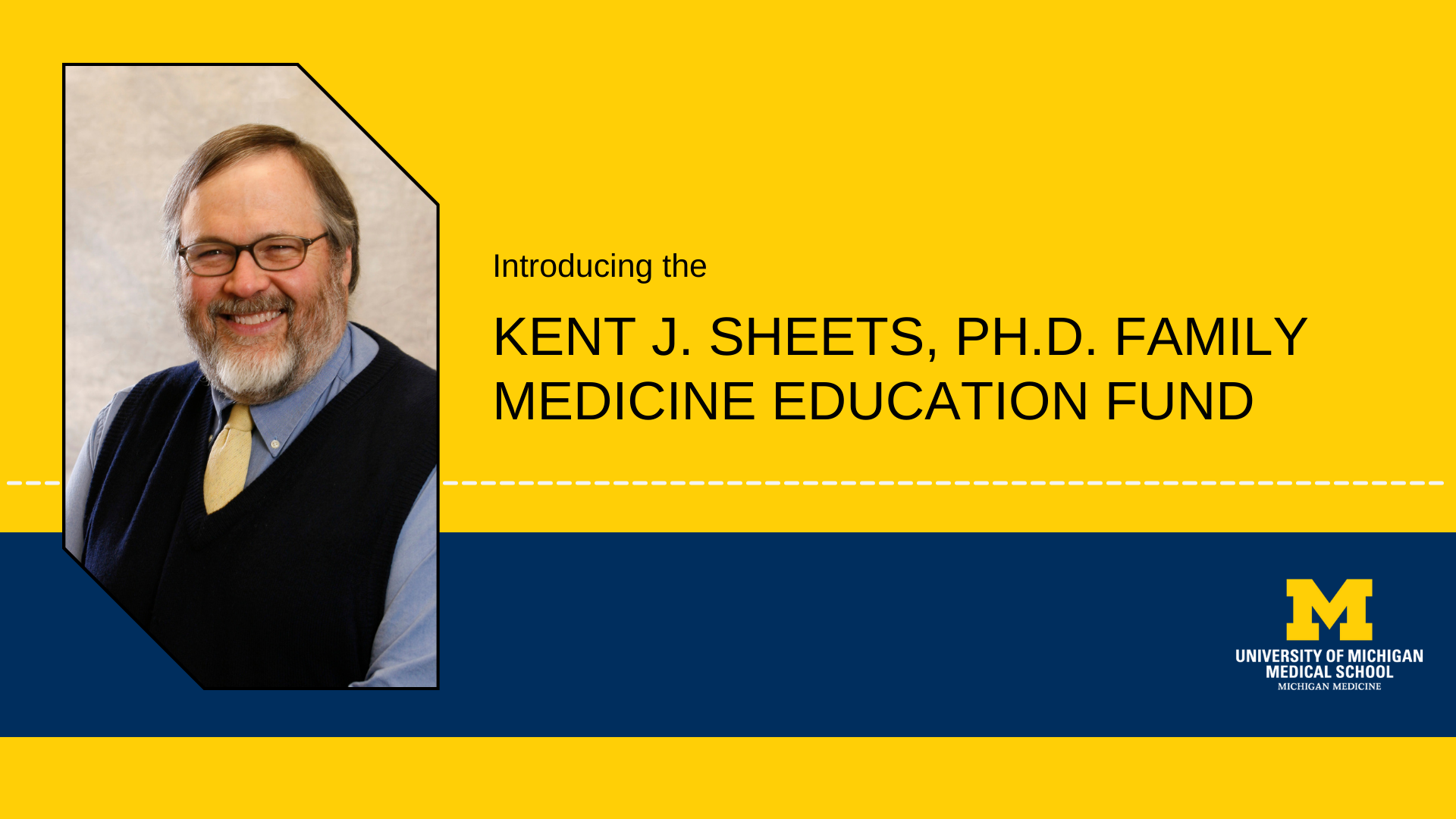In 2019, the American Academy of Family Physicians (AAFP) Foundation and the AAFP National Research Network partnered to launch the Family Medicine Discovers Rapid Cycle Scientific Discovery and Innovation initiative (FMD RapSDI). The program's objective is to recruit family physicians who are interested in conducting clinical research—but who lack the time or money to move forward with their idea—and provide selected candidates funding and assistance to complete their projects. Those projects were intended to find meaningful solutions to real-world clinical questions facing family physicians and others in primary care.
In September 2019, the initiative began accepting applications from family physicians interested in becoming RapSDI scholars. After an application process that spanned several months, the program has selected two winners for 2020.
Vijay Singh, M.D., M.P.H., M.S., family physician and clinical assistant professor in the departments of internal and hospital medicine, received a grant for his research project, "Adapting Evidence-Based Male Intimate Partner Violence Perpetration Interventions for Use by Family Medicine Clinics and Patients."
"I was interested in applying to be an FMD RapSDI scholar to access program resources to complete a research project, with salary support and dedicated time to adapt an evidence-based male intimate partner violence intervention to the needs of family medicine patients and providers," Singh said of his research.
"I was interested in the opportunity to build a mentoring and topical expert team, work with program staff experienced in qualitative data analysis, develop an abstract for submission to the North American Primary Care Research Group annual conference, and create a peer-reviewed manuscript for submission to a medical journal."
Singh told AAFP News that his research will provide practice-based evidence on ways family physicians can identify and respond to male intimate partner violence (IPV) perpetration, using a community advisory board of men with a history of IPV to adapt and later test an intervention, along with a focus group of family physicians and staff to discuss barriers to and facilitators of male IPV identification and intervention.
"One in five men report lifetime IPV perpetration, and family medicine physicians can use male IPV perpetration screening tools validated in health care settings, but interventions are limited," Singh explained.
"This project can benefit family medicine patients and providers through adapting a violence intervention to the unique work environment in family medicine with continuity of care and physicians who may provide care to an IPV perpetrator, victim and child exposed to parental IPV."


